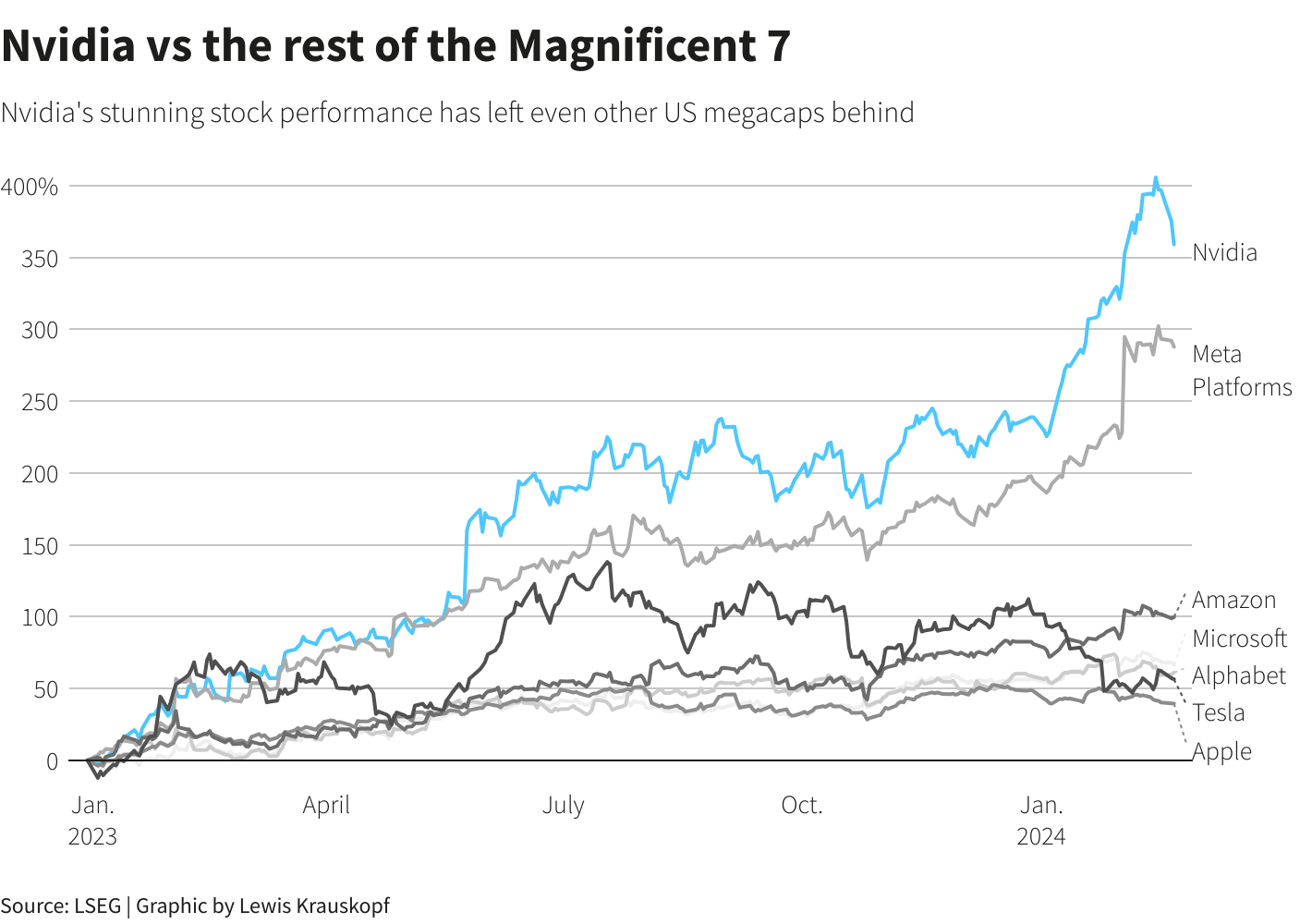Blogs
Read our latest news and industry insights.
Risk Management

DIE REGERING VAN NASIONALE EENHEID EN JOU BELEGGINGSPORTEFEULJE Die Regering van Nasionale Eenheid (RNE) het ’n positiewe invloed op beleggingsportefeuljes omdat die beleggings in plaaslike aandele en effekte (bonds) se pryse sedert die tot standkoming van die RNE gestyg het. Waarom het hierdie positiewe tendens plaasgevind? Op die kort termyn het ‘n positiewe sentiment ontstaan omdat politieke partye wat ’n groter rol vir die privaat sektor in ekonomiese groei voorstaan, deel van die RNE is. Sedert die RNE ingehuldig is, het die pryse van aandele op die Johannesburg Sock Exchange (JSE) gestyg omdat beleggers verwag dat die verdienste van die maatskappye wat voordeel gaan trek uit regeringsaktiwiteite gaan styg, Dit is veral aandele van plaaslike banke en kleinhandelaars wat gewild is. Die koerse van effekte (bonds ) het gedurende genoemde periode gedaal en gevolglik het die beleggingswaarde van bestaande effekte gestyg. Op die medium termyn word daar verwag dat die plaaslike rentekoerse (moonlik alreeds gedurende September 2024) gaan verlaag en gevolglik sal ’n dalende rentekoers siklus ook ’n positewe invloed op beide die beleggings in die JSE asook effekte uitoefen. Sedert die rentekoerse gedurende 2022 gestyg het, het talle beleggers geld in die geldmarkte by die banke gaan belê. Die inkomste belasting implikasies vir rente draende beleggings is dat belasing vrystelling vir persone jonger as 65 jaar R 23 800 is en vir persone 65 jaar en ouer is die vrystelling R 34 800, waarna die rente onvang as ’n inkomste belas word volgens persoonlike belastingskale. Dit is daarom belangrik dat beleggers in die geldmark moet seker maak wat die na-belaste groeikoers van hul beleggings is. Beleggers in die huidige veranderende beleggingsomgewing moet ’n evaluering van hul bestaande beleggingsportefeuljes doen om seker te maak dat hul bestaande beleggings steeds die beste na-belaste opbrengs, volgens die betrokke persoon se risiko profiel, lewer. Indien daar enige onsekerheid bestaan, word aanbeveel dat van die professionele kundigheid van Bovest se adviseurs gebruik gemaak word.

Many South African investors choose to invest directly offshore by physically moving capital offshore through their annual allowances (R10 million foreign capital allowance and a R1 million single discretionary allowance). This is done for diversification or financial planning needs and can be full of pitfalls. One of these risks in offshore investing is probate. Offshore probate refers to the process of applying for the right to deal with a deceased investor’s foreign assets and proving their will as a valid legal document in the foreign jurisdiction. There are legislative differences in all jurisdictions and will most certainly provide complications on the investor’s death. Effectively there would be a deceased estate in the foreign jurisdiction and in South Africa. This could also imply that executor’s fees would apply in South Africa and the equivalent thereof in the offshore jurisdiction where it may not be as regulated and capped as in South Africa. If probate applies in the jurisdiction, the investor will need a will that will be legally considered in that jurisdiction and specifically mentions and gives instruction on the proceeds of the assets. This can typically make the already longwinded process even longer and leave dependents without access to assets. How can you avoid probate? Here are two options: Use an open-ended structure where the foreign assets are held by a local nominee company. Use a “wrapped” structure like a sinking fund or endowment policy where beneficiaries can be nominated. There are major differences between these two structures regarding tax and liquidity, making it very important to do effective financial planning around these variables. These structures are carefully designed with the specific jurisdictions in mind. If the requirements are met as set out by the product rules, the risk of probate may not apply. Importantly these structures provide a clear course of action on death and may give dependents access to capital if needed. This does not serve as financial advice* Ruvan J Grobler RFP™

Die nuut gestigte Regering van Nasionale Eenheid (RNE) het ’n tydperk van samewerking tussen verskillende politieke partye ingelui. Hierdie samewerking behels dat die betrokke politici deur middel van ’n ooreenkoms gesamentlike verantwoordelikheid neem vir die regering. Hoe raak hierdie verwikkeling jou beleggingsportefeulje? Voor die verkiesing het die destydse ANC regering met inisiatiewe begin om die privatesektor te betrek by ekonomiese ontwikkeling, soos onder andere die verbetering van die elektrise netwerk om sodoende beurtkrag te beëindig. Hierdie inisiatief het die beleggersgemeenskap plaaslik sowel as internasionaal geintriseer vir moontlike toekomstige beleggings. Die vraag was of die nuut verkose regering sou voortgaan om die privaatsektor by ontwikkelingsprojekte te betrek? Die aanvaarding van die RNE as regeringsvorm en die deelname van verskillende politieke partye waaronder die Demokratiese Alliansie (DA) vergroot die moontlikheid dat die privaatsektor betrokke sal bly by ontwikkelingsprojekte. Dit sal daartoe lei dat die Suid-Afrikaanse ekonomie teen ’n hoër ekonomiese groeikoers sal ontwikkel. Hierdie nuus het daartoe gelei dat die JSE-indeks byvoorbeeld op 19 Junie met 3,5% gestyg het, asook dat die Rand se waarde heelwat versterk het sedert die verkiesingsuitslae bekend gemaak is. Die pryse van effekte (bonds) het ook begin verbeter namate die sentiment vir ekonomiese groei verbeter het. Indien daar voortgegaan word om die privaatsektor by regeringsprojekte te betrek, sal die positiewe marksentiment voortduur. Bykomend tot die huidige positiewe politieke nuus oor die ekonomiese groeisentiment in Suid-Afrika, is die moontlikheid dat rentekoerse binne maande kan verlaag. Verlagende rentekoerse sal ook bydra dat pryse van effekte (bonds) en aandele plaaslik sal verhoog. Riaan Botha

Buy-and-sell agreements. Protecting your business interests. If you’re running a business with partners, having a buy-and-sell agreement in place is crucial. But why, you may ask? The answer is pretty straightforward. Here’s the deal: When you pass away, your shares in the company become part of your estate or transfer to your business partner as per your shareholder’s agreement. If there’s no clear plan in place, those shares end up in your estate, to be distributed according to your will. Enter the buy-and-sell agreement – your solution to these issues. This agreement is backed by life insurance policies on each partner’s life, ensuring enough cash to cover the purchase price. Simultaneously, the agreement establishes the obligation to sell the deceased partner’s shares and the obligation for the surviving partner to buy them. Now, let’s talk about the risks: Insufficient cash: The remaining owners might not have enough cash to buy the deceased partner’s business interests. Uncertain fair price: Heirs might not be guaranteed a fair price for the business interests, potentially leading to a forced sale. Ownership complications: The remaining owners might face unclear ownership, dealing with heirs or delays in estate settlement. Business capital drain: Funding the purchase could drain the business’s capital, jeopardizing its continuity. On the flip side, the benefits are significant: Business continuity: The business keeps going without outside interference. Smooth transition: Funds are available for a timely conclusion of the transaction. For dependents or beneficiaries, the advantages are: Inherited capital: They receive a capital amount instead of dealing with a business they may not know. Financial security: The received capital can replace lost income and contribute to overall estate planning. Now, let’s consider the importance of a shareholder’s agreement: This agreement, entered into during the partners’ lifetimes, governs their relationship and outlines what happens to shares in the event of death or retirement. Without it, shares become part of the deceased partner’s estate. And remember, getting the structure right is essential to qualifying for estate duty exemption. The Estate Duty Act provides exemptions if specific conditions are met. In conclusion, a buy-and-sell agreement is vital for protecting interests and ensuring the intended transaction occurs. Without it, disputes can end in costly and time-consuming court battles, benefiting no one, especially not the deceased owner’s beneficiaries.

Agtergrond Die toekoms is onbekend en daarom bestee internasionale beleggingshuise groot bedrae geld om te voorspel wat in die toekoms op beleggingsmarkte gaan gebeur – sonder veel sukses. Om persoonlike welvaart in ‘n onseker wêreld te skep verg ‘n plan asook persoonlike dissipline. Die volgende persoonlike plan word voorgestel:




